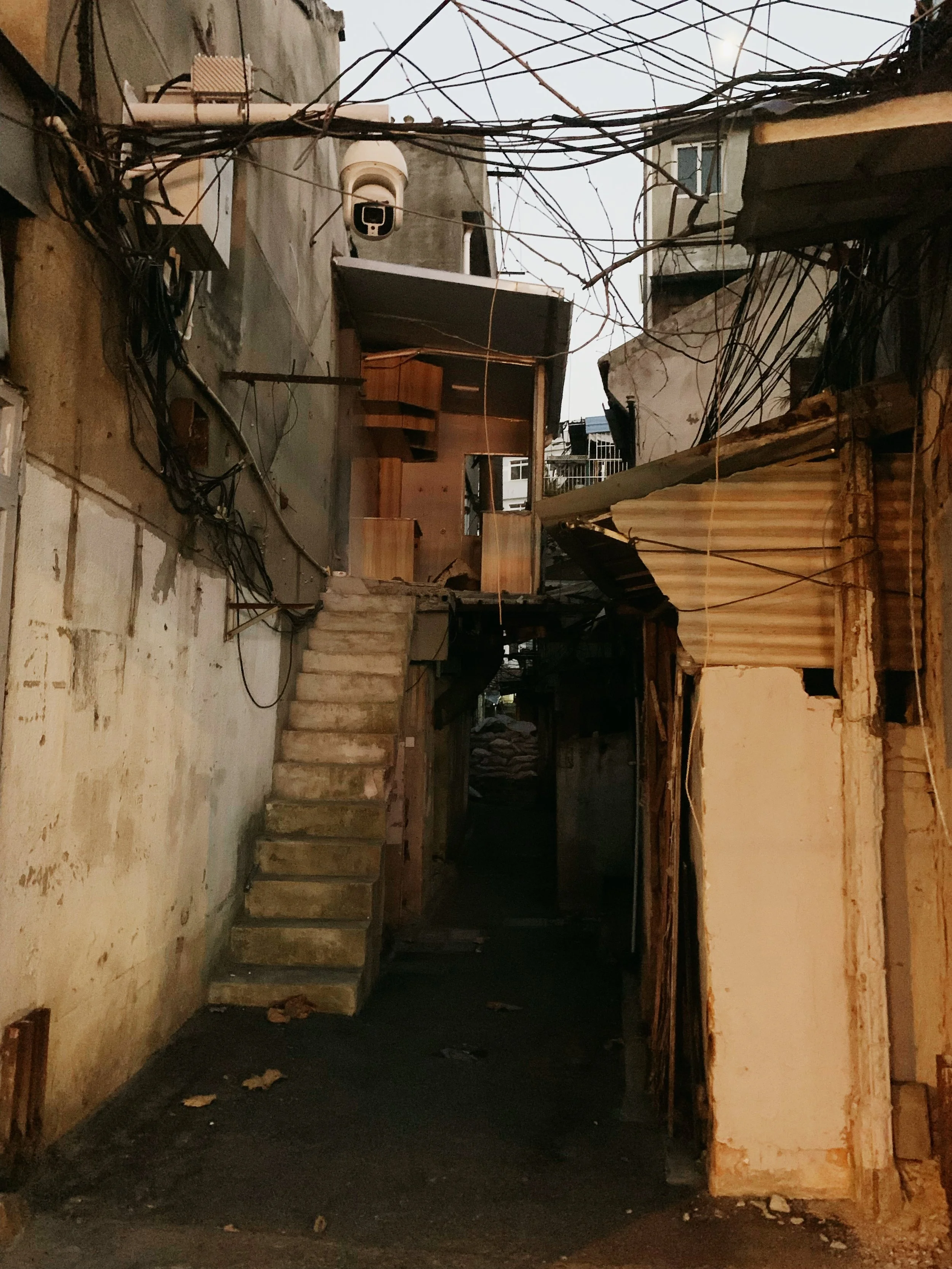Peer-Reviewed Articles
“Spatiality of Preemptive Coercion: How Autocrats Demolish Informal Settlements for Political Control.” Conditionally Accepted by the American Journal of Political Science. [Pre-Print]
Abstract: Why do authorities demolish informal settlements in metropolises? Social sciences have a long tradition of addressing this issue through the lens of economic development or welfare provision. I instead propose a theory of political control. Autocrats adopt demolition as a coercive and preemptive tool to remove communities that are substantively and symbolically less legible to them, thereby ensuring political stability and restoring visual order. Empirically, I compile a unique dataset of 320 demolished and undemolished informal settlements in Beijing between 2017 and 2018, based on satellite imagery, digital street views, and fieldwork observations. The results indicate that the illegibility of informal settlements to authorities correlates with a greater likelihood of demolition. This paper contributes to the social science literature by connecting legibility politics with urban governance. It also introduces a spatial perspective and leverages novel data sources to deepen our understanding of preemptive coercion under authoritarianism.
“Strong State or Vulnerable Homeland: How Chinese State Media Sought to Combat Democratic Diffusion during the 2019 Hong Kong Protests.” With Jessica Weiss. Journal of Contemporary China. 2023, 32(139), 1-17. [Pre-Print] [Post-Print]
Abstract: Departing from its typical silence on pro-democracy movements around the world, Chinese state media encouraged a flood of reports about the 2019 Anti-Extradition Law Movement in Hong Kong . This article investigates two different media framing strategies to prevent democratic diffusion: demobilizing the masses by emphasizing state capacity and repression, and rallying the masses by emphasizing threats to national unity. Analyzing an original dataset of articles about the Hong Kong protests in the People’s Daily, this article documents a greater overall reliance on the rallying strategy, a tendency that became particularly pronounced in the later stage of the protest movement. Chinese media selectively reported events that would emphasize threats and downplayed stories about repression.
Media coverage: [Hong Kong Infosphere]
“Participation without Contestation: NGOs’ Autonomy and Advocacy in China.” With Zheng Su and Changdong Zhang. The China Quarterly. 2022, 251, 888-912. [Pre-Print] [Post-Print]
Abstract: How do non-governmental organizations (NGOs) advocate public policies? What impacts their advocacy strategies? Although scholars have addressed these questions in a democratic context, less is known about NGO advocacy under powerful authoritarian regimes. Using China as a case study, we develop an institutional explanation of NGOs’ policy advocacy patterns and explore the impacts of NGO autonomy. Drawing from a unique dataset of registered NGOs in three Chinese provinces, we find that NGOs with more autonomy tend to conduct direct negotiations with the government more actively (more political advocacy). However, these more autonomous NGOs are likely to be more hesitant to mobilize society from the bottom up (less social advocacy). These findings enrich our knowledge of social actors’ roles in the policymaking process in China.
Chapters in Edited Volumes
“Cities for Whom? The 2017 Beijing Demolitions in Context.“ With Jeremy Wallace. In Weiping Wu and Qin Gao Eds. China Urbanizing: Impacts and Transitions. University of Pennsylvania Press. 2022. [Pre-Print][Post-Print]
Abstract: Many studies have examined urban demolitions in China. However, the 2017 Beijing demolitions show new features: they have become fiercer, more systematic, and less related to economic incentives compared to the 1990s and 2000s. We argue that a political shift contributed to the demolition wave’s ferocity. In the Xi' administrations’s New Era, the central leadership changed tack and repeatedly emphasized the need to accelerate the upgrading of housing in cities while de-emphasizing concerns about protecting residences of migrant workers. This change fostered greater convergence between central and local government agendas. This chapter also discusses the opportunities of using satellite images as a new source of information on China’s urbanization and a call for further research.
Working Papers
“From Demolition to Surveillance: The Governance of Informal Settlements in Post-Pandemic China.”
“Streets Over Screens: Face-to-Face Grievance Sharing in Urban Spaces Under Authoritarian Crises.”
Work in Progress
“Mapping Informal-Settlement Demolitions in Beijing: A Satellite-Based Analysis”
“From Grid Plans to Spontaneous Markets: State Building and Spatial Legibility in Imperial China.”
“Too Early to Celebrate: The State-Led Democratic Decline of Homeowner Associations in Urban China.”
Publications in Chinese
张长东、马诗琦,“中国社会团体自主性与政策倡议积极性”,《政治学研究》,2018年第5期,第67-78页。(Changdong Zhang and Shiqi Ma. 2018. “The Chinese Social Organizations’ Autonomy and Policy Advocacy Efforts.” CASS Journal of Political Science, 5, 67-78.)
马诗琦,“南非开发银行”,《全球开发性金融发展报告》,中国开发性金融促进会、北京大学国家发展研究院联合编写组,中信出版社,2016 年,第123-129,第373-379页。(Shiqi Ma. 2016. “Development Bank of Southern Africa.” in Global Development Financing Report, CAPDF & NSD eds., CITIC Publishing Group, 123-129, 373-379.)
Images by multiple publishers, photos by Shiqi Ma




